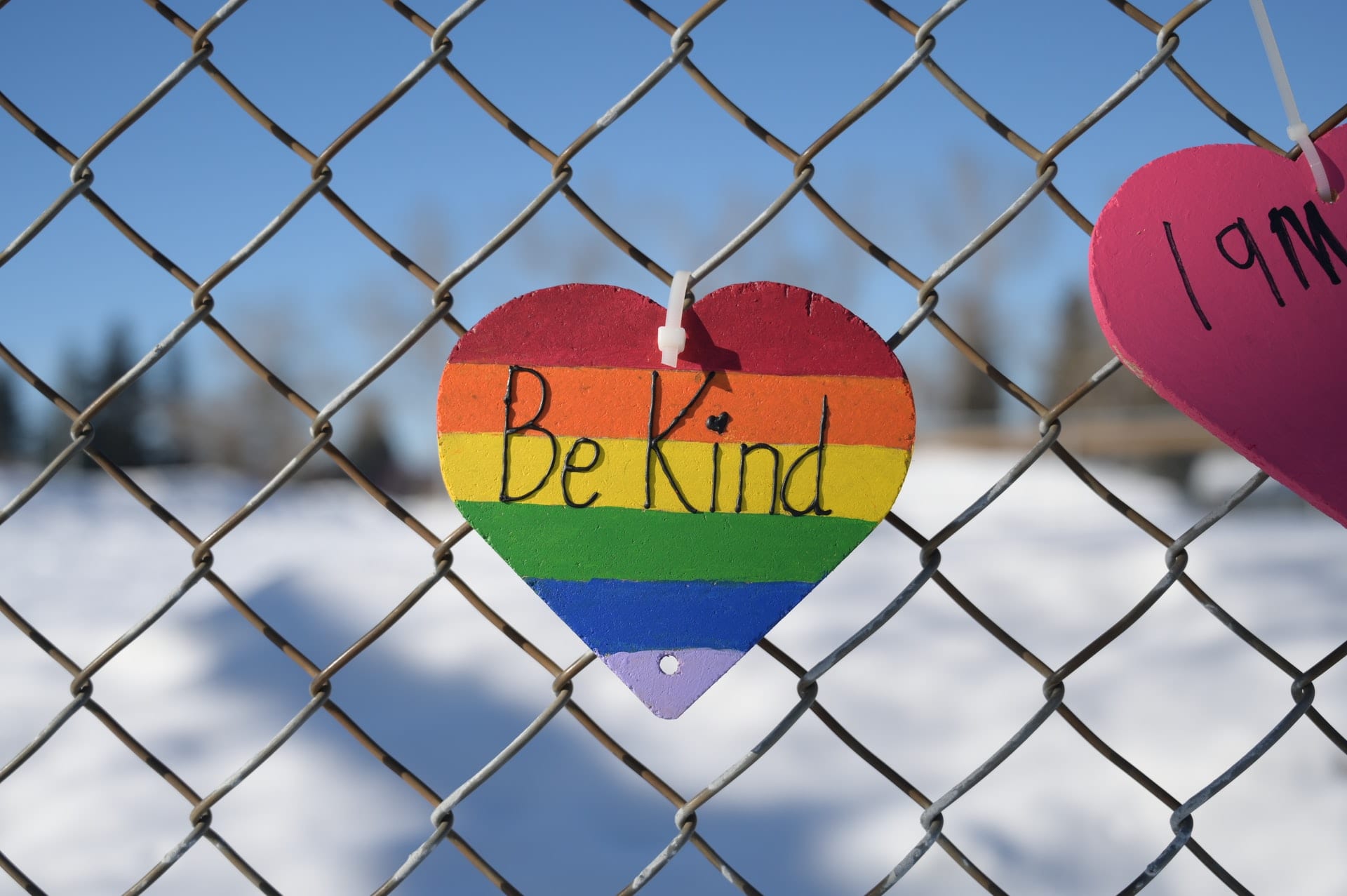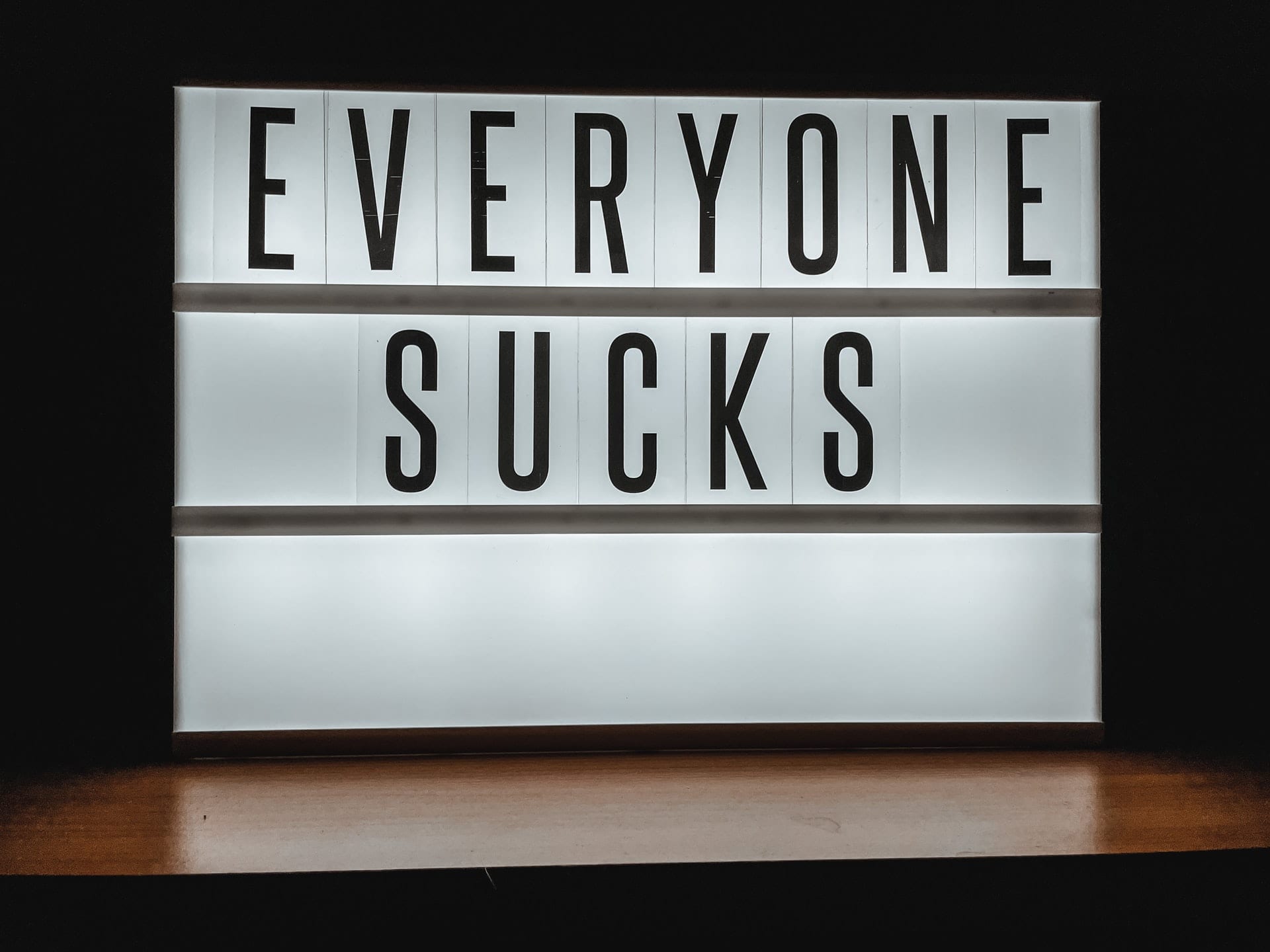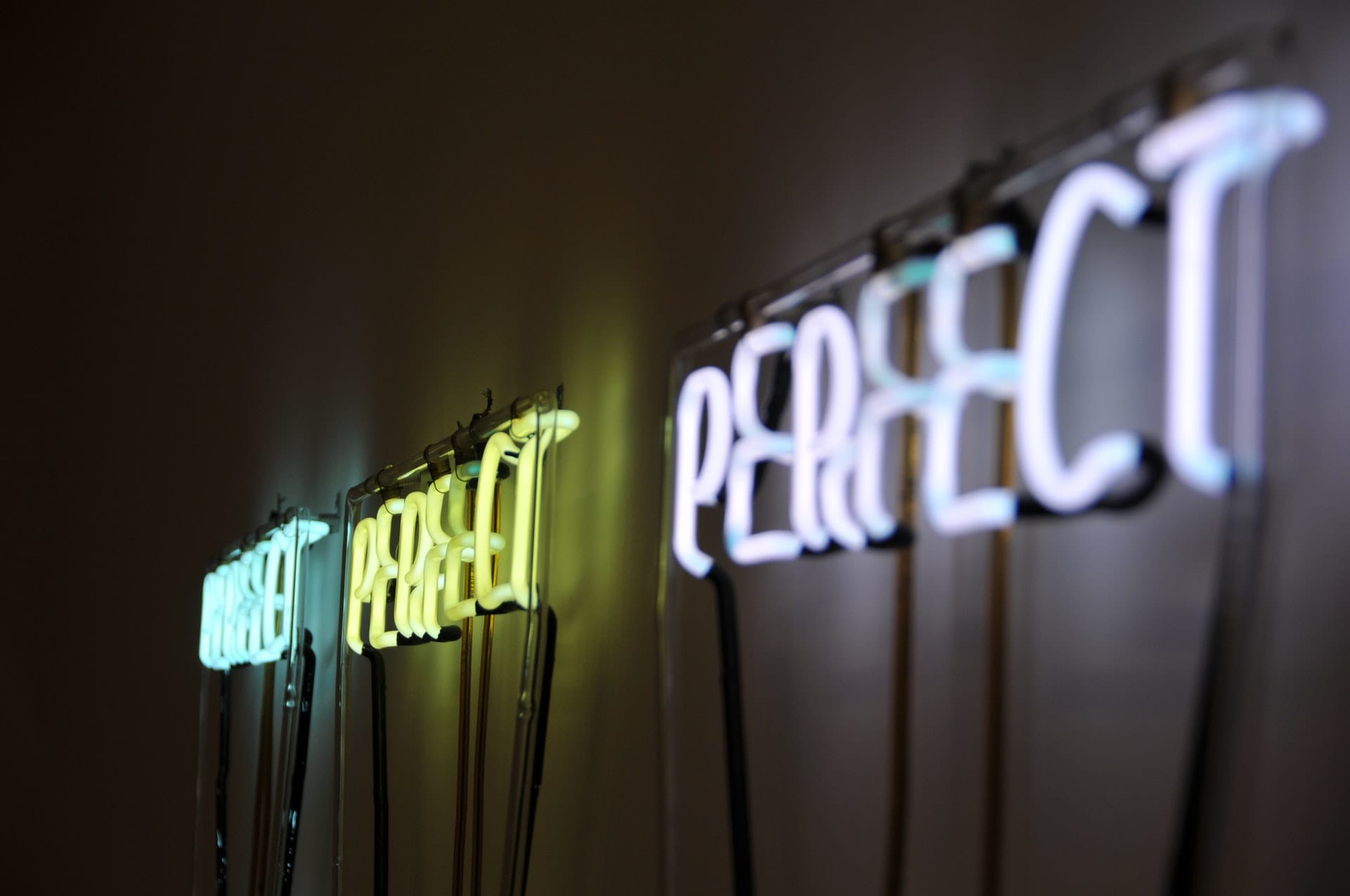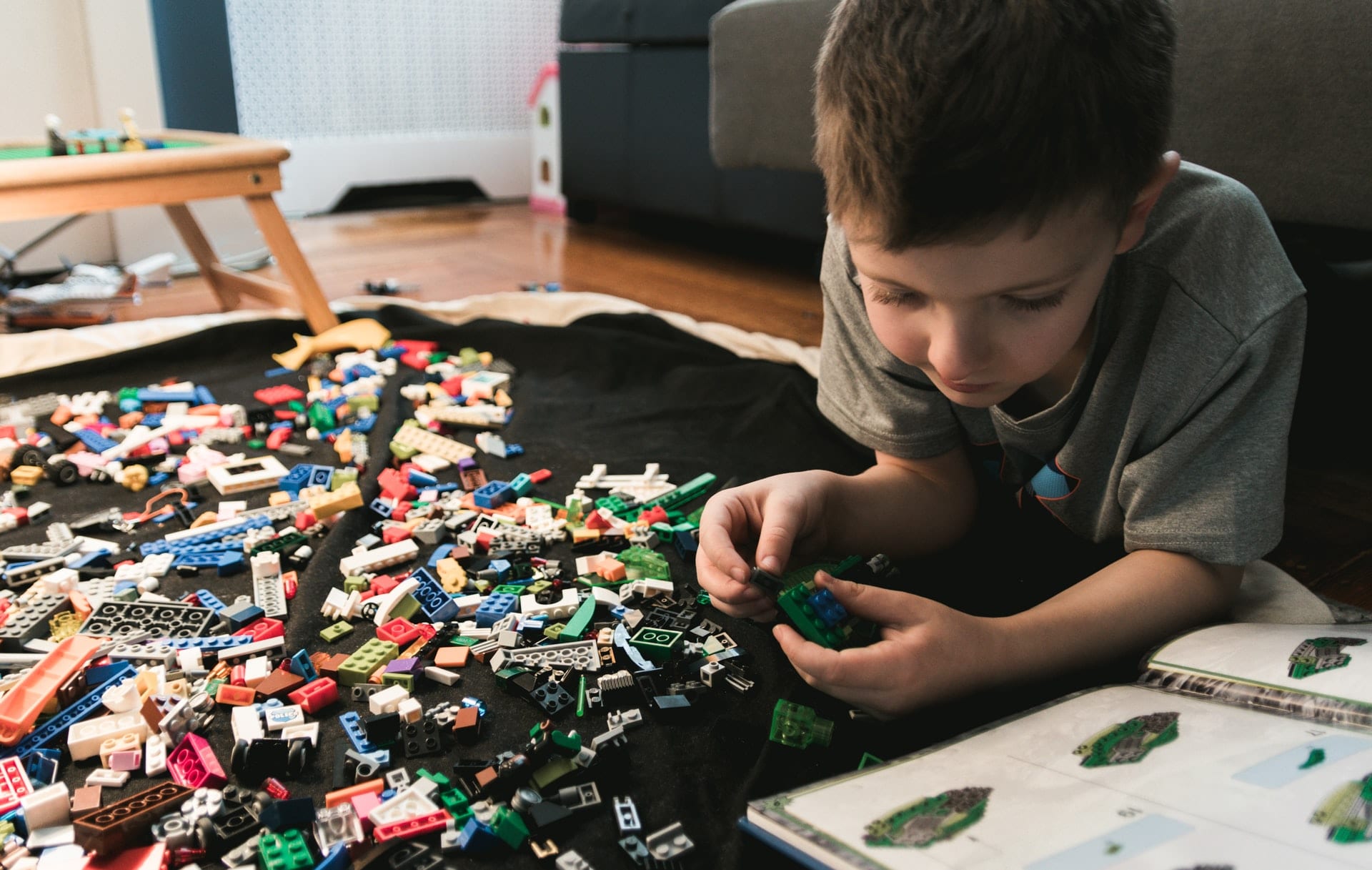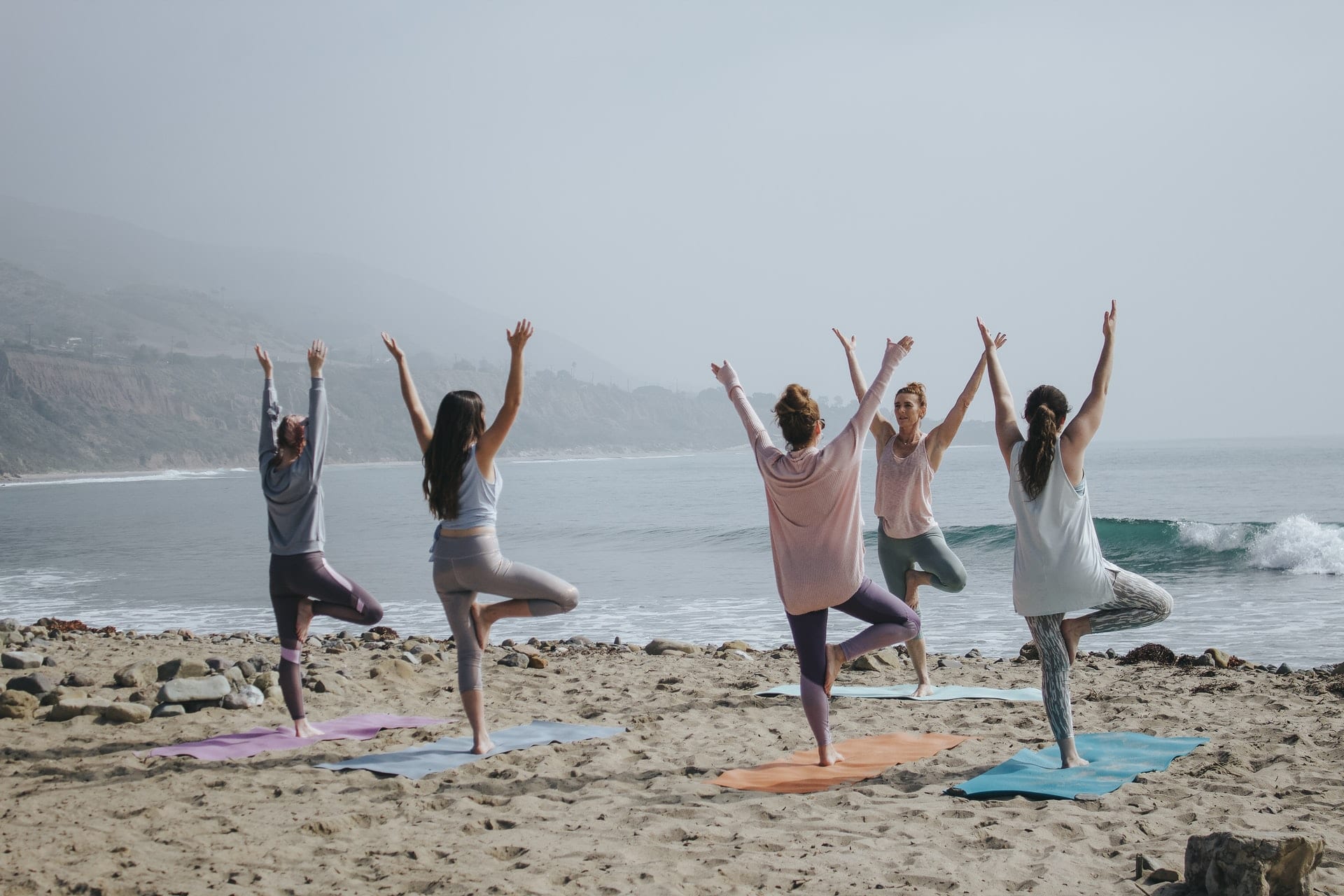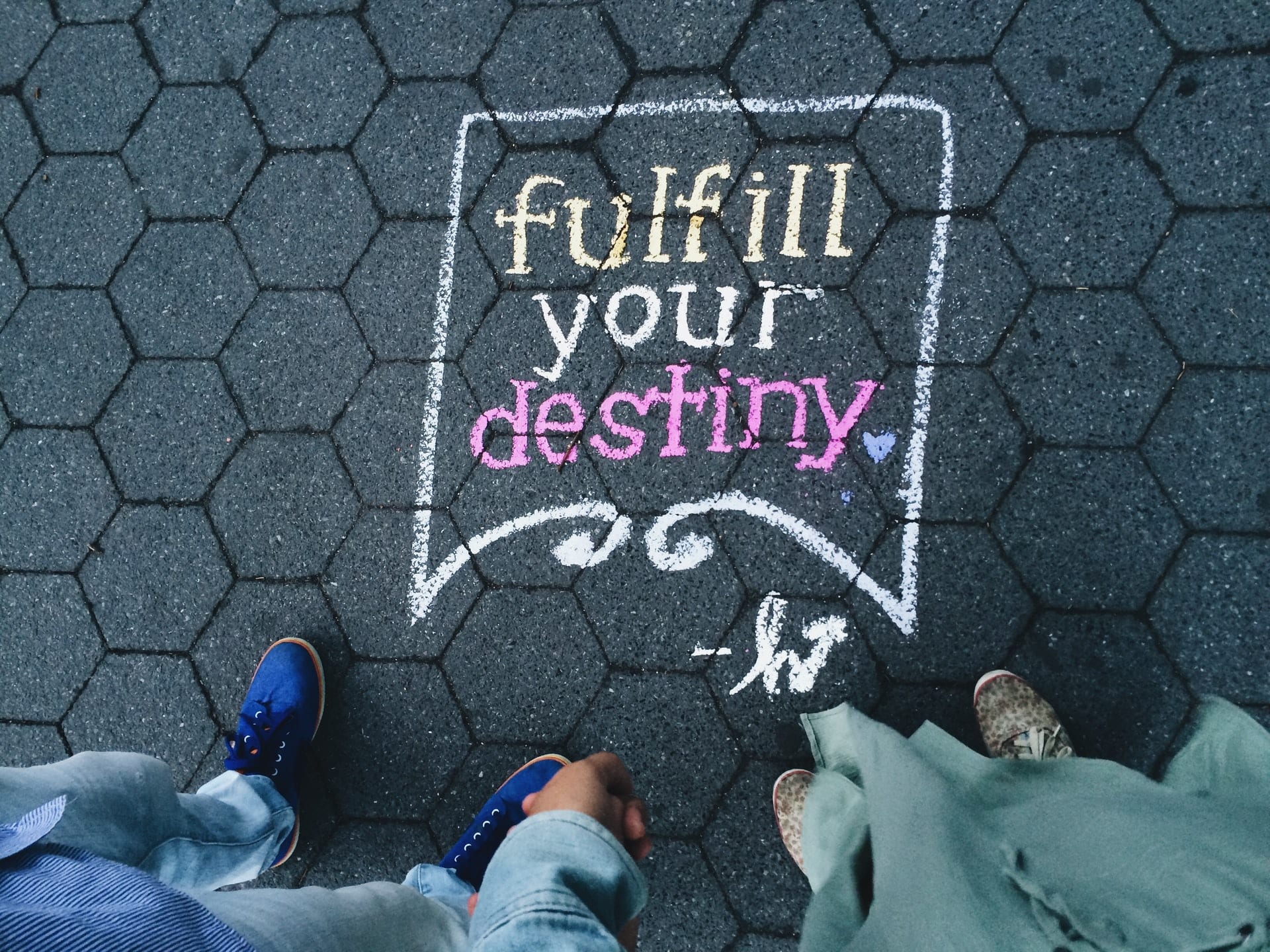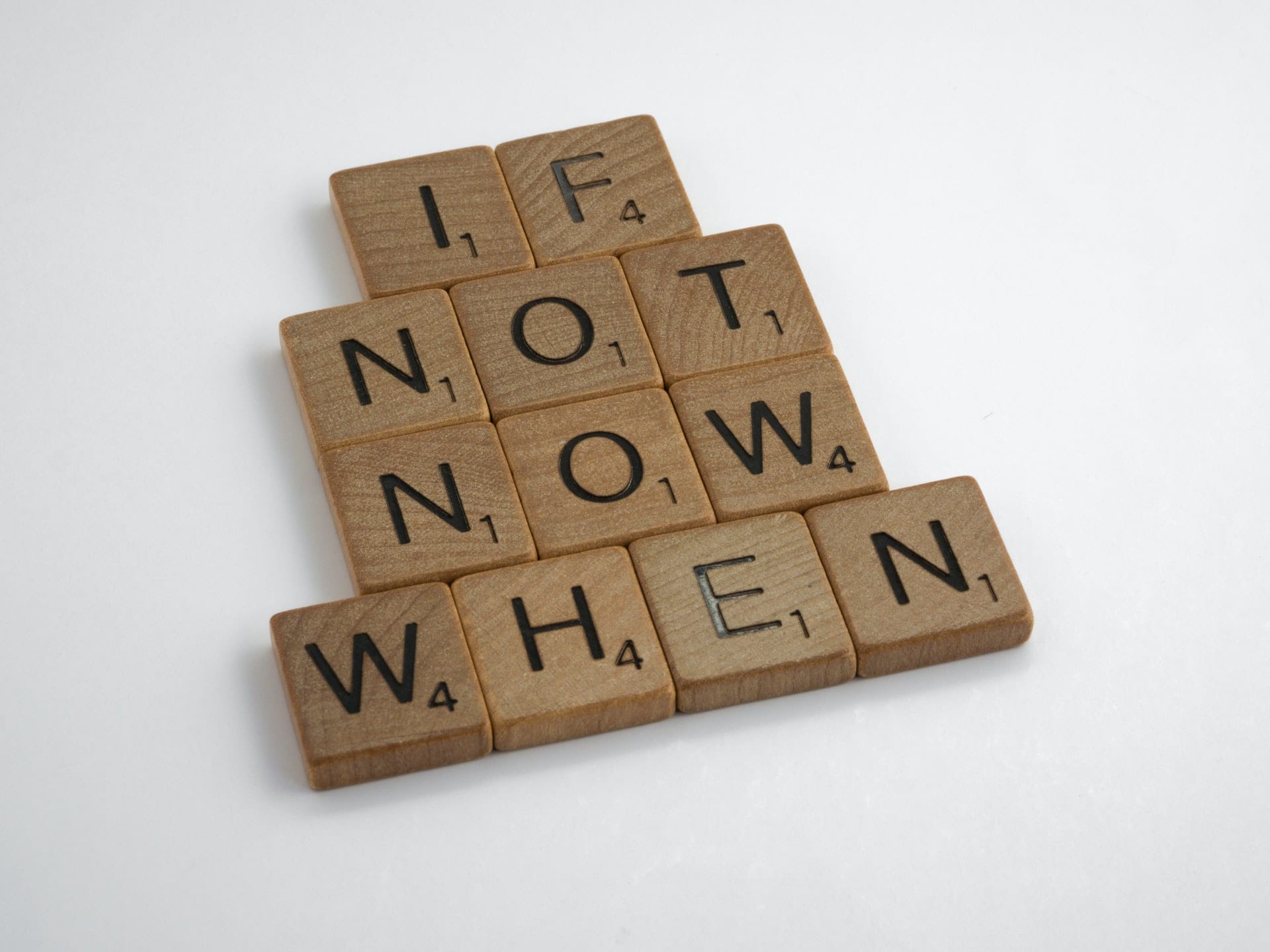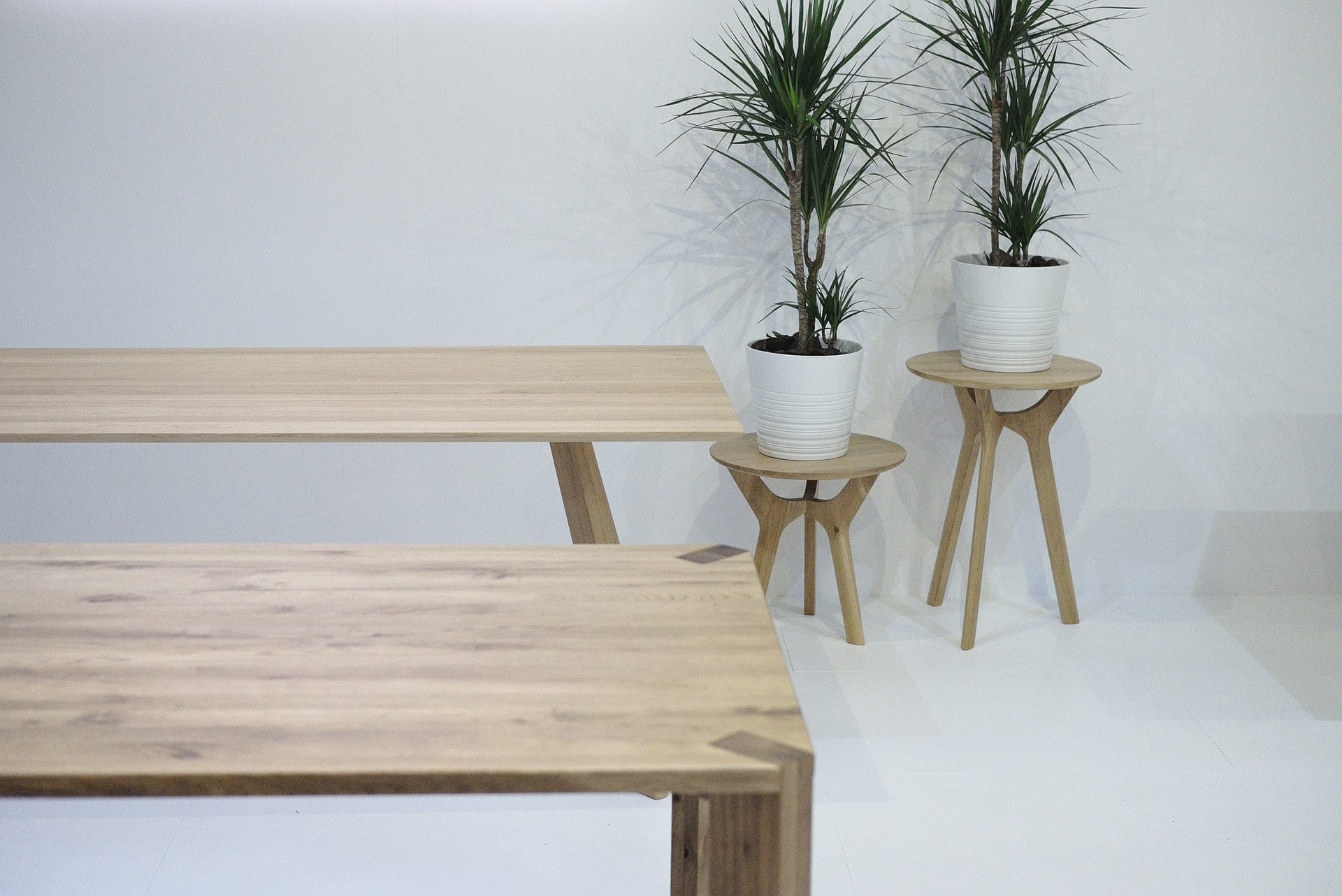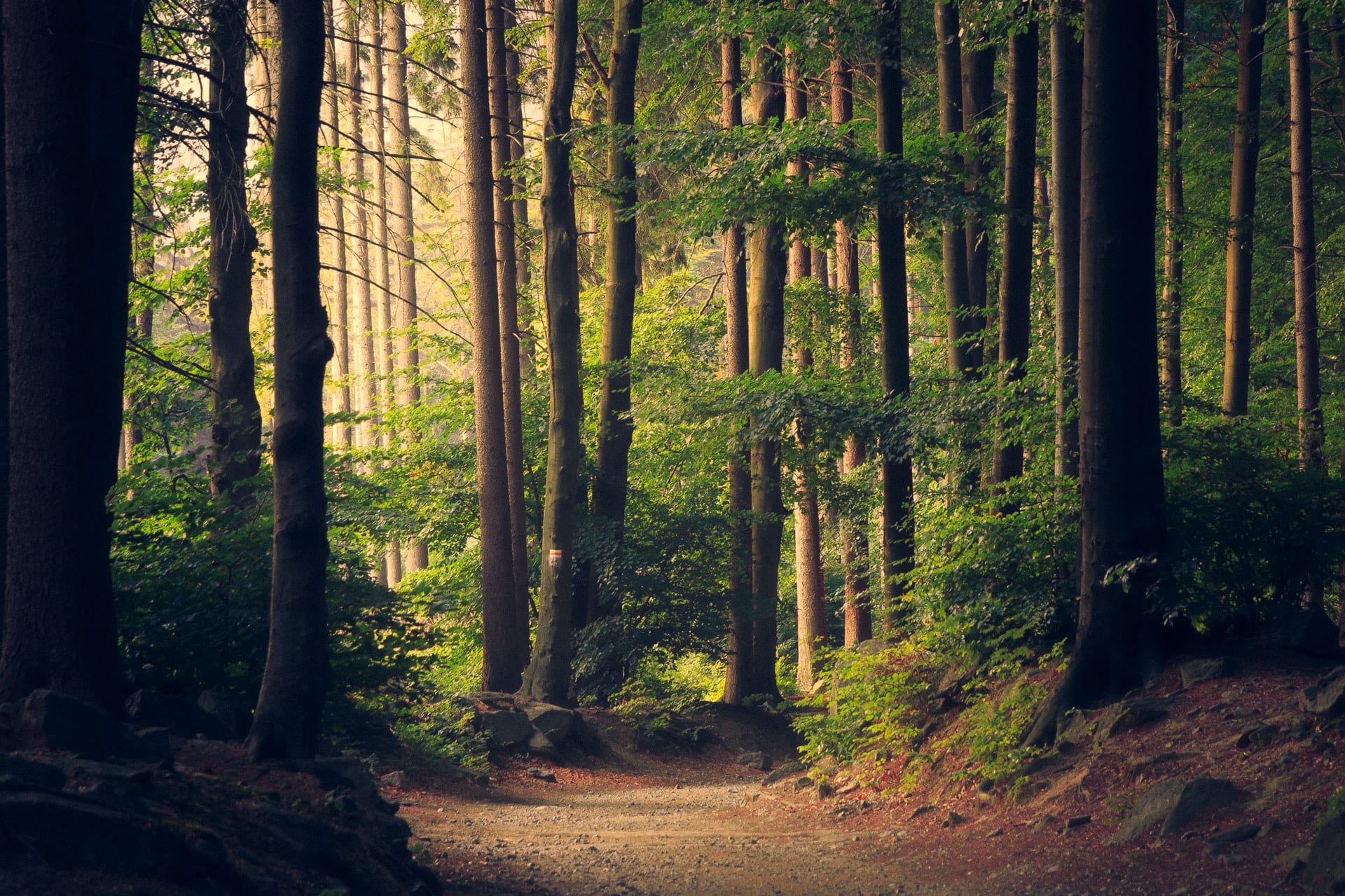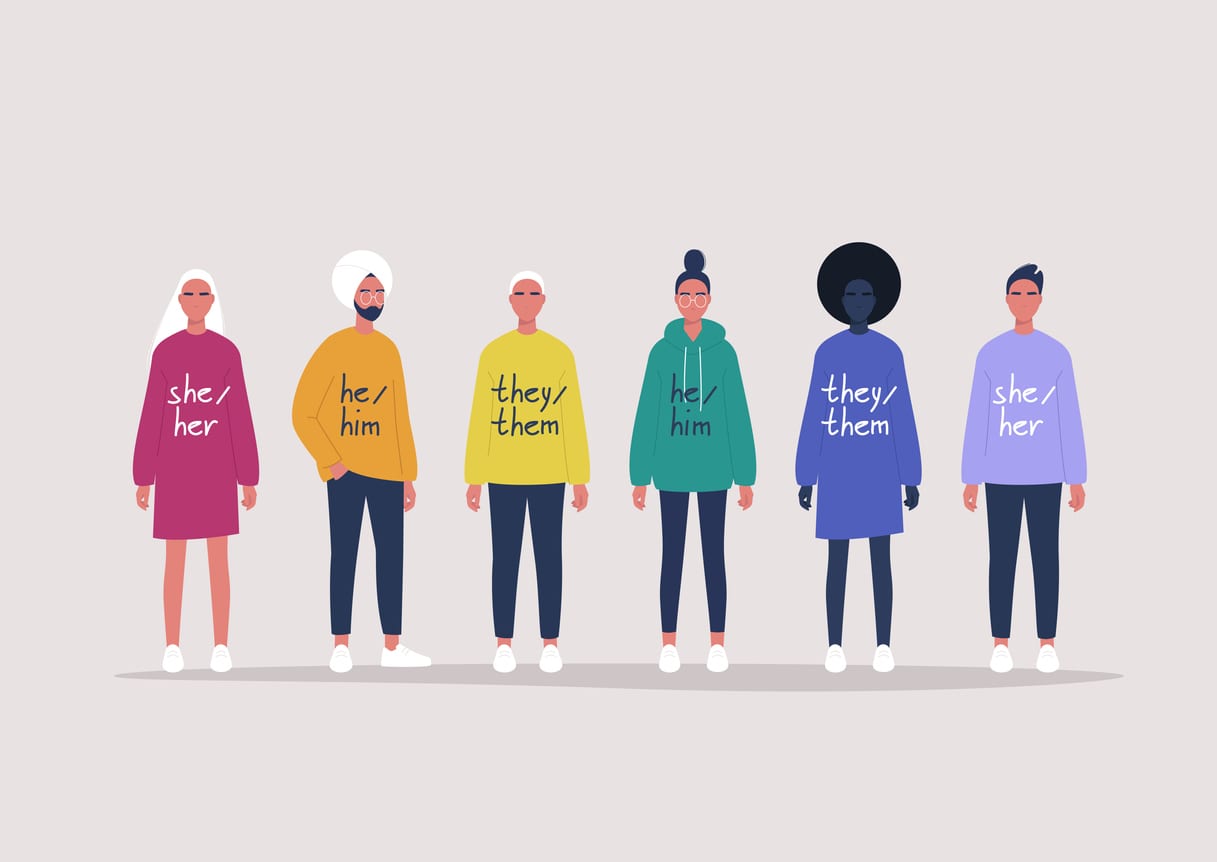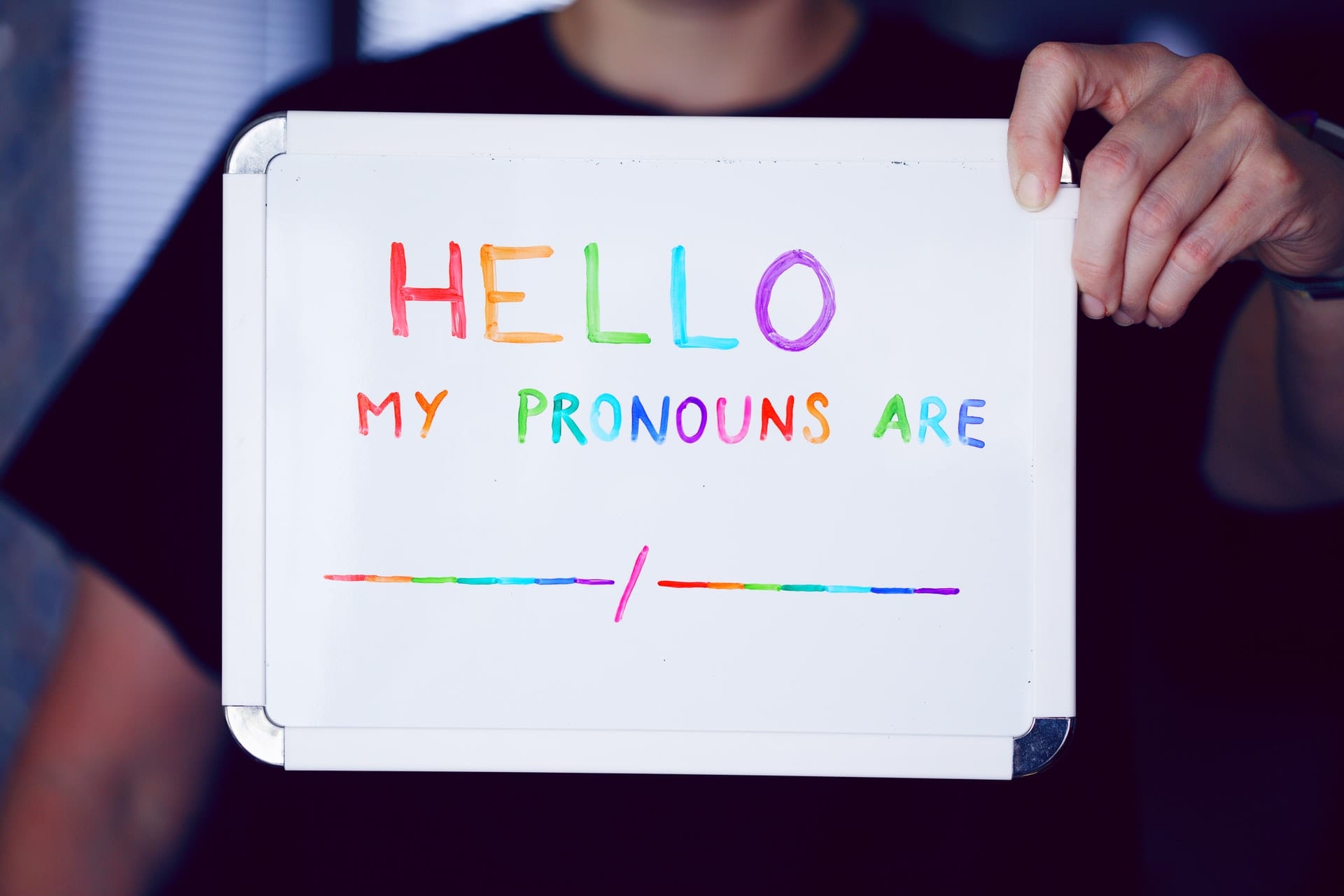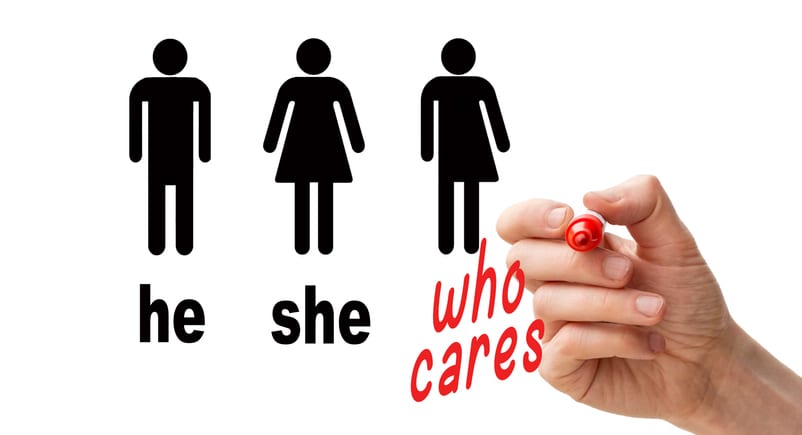I think working at a zoo would be exciting, satisfying, and challenging.
And one of the main reasons I don’t think I’d be able to do it (besides being terrible at science) is that when animals were sick or needed to be put down, I know I’d be a blubbering mess and wouldn’t be able to handle it.
But I still want to know what the job is like…
AskReddit users who work at zoos opened up about what goes on behind the scenes that the general public doesn’t know.
Let’s dive in!
1. A hard work-life balance.
“If you work with the animals there’s a good chance you’ll not be able to have any kind of social life, between the long hours/weekends and the stench.
I’ve been kicked out of stores after work because I apparently stunk way worse than I thought I did – even after scrubbing off!
And I’m around animals every day, but I still can’t stand when otter / sealion keepers are around me in “all-hands” meetings. The rotten fish + ferrety otter smell combo is a gagger.
Meanwhile, I work with apes, and they say that I smell like I haven’t showed in a decade (again…even after I shower).”
2. Kinda funny.
“Our lions will urinate on guests if they get too close, which is always funny to see.
Not so funny to smell…”
3. All over the place.
“I’m a small animal vet now but worked in a zoo before vet school.
Zoos are one of the biggest purchasers of Calvin Klein’s Obsession cologne. The cologne has animal musk in it and it drives the big cats wild.
We used to spray it on everything.”
4. Keep an eye out for those.
“I worked with large tortoises.
We had these 5-gallon buckets for cleaning the p**p out of enclosures and other buckets for feeding them fresh grass we cut. The first day on the job I took both buckets into the pen and started by dumping out the grass. Then I went around to collect p**p.
I heard this awful loud grunting and something breaking. One of the 300 lb males tried to bang the bucket in front of visitors and flattened it. He would even follow me around just in case I might leave more innocent buckets unattended.”
5. Unwritten rules.
“The zebras and Przewalski’s horses are ruthless and will tear apart any unfortunate wild kangaroo that dares break into an enclosure.
They love the thrill of the chase… and the subsequent k**l when they get bored.”
6. Get there early.
“Used to work at a zoo, cold weather makes the animals more active so go on a chilly day or first thing in the morning to see the best show from the animals.
Also, those free roaming peacocks are really stupid and sometimes go in the lions exhibit and get torn up.”
7. Escape drills.
“I used to volunteer weekly at a large zoo and at one point management started doing monthly dangerous animal escape drills.
Someone would run around in a lion onesie and we’d have to react as if one of the large animals had escaped. It was hilarious but one of the funniest things I was taught was that if an incident did occur you have to tell the nearby guests to get inside only once.
If after that they refuse to follow you indoors (the protocol was to hole up in the large activity centre buildings) , you’re to leave them there, go inside yourself and lock the doors. It makes sense because people can be very stupid and you don’t want to risk everyone’s lives because of one Karen, but it amused me no end that the protocol was to just let them get mauled.”
8. Mating.
“Aquariums have captive breeding programs for some of the dolphins and whales, but they are too difficult to transport for mating.
So they have to use artificial insemination. Which requires s**en samples from whales.
Which means that it’s someones job to give handj**s to dolphins and whales in order to collect the sp**m.
It’s part of the animal’s training, and the whales will roll over and present their ge**tals on command.”
9. People are annoying.
“The amount of dumba**es who complain to management about paying to go to the zoo, then not seeing any animals is unreal!
Like, what do you want us to do? Go in there with sticks and chase them out of their hidey-holes?!
Sorry buddy, not going to happen.”
10. Vicious.
“The most dangerous/feared animal in case of an escape is not, as you may think, lions, tigers or other large carnivores.
It’s the chimps.
Those things will rip your arm off and beat you to d**th with the bloody end as soon as look at you.”
11. Stay far away.
“If you have worked with them then you probably already know, but one swift kick from an ostrich can k**l you.
Like they will literally disembowel you. Every time I see a video of someone getting up close to one, I can’t help but cringe.
One of our head keepers had actually lost part of their ear to one.”
12. Somebody’s gotta do it.
“The amount of injuries you can just casually pick up from animals is crazy.
I’ve been kicked in the chest by a kangaroo, almost r**ed by an emu, attacked by a wombat and a bat, bitten by a monitor lizard and a carpet python, had a rhino charge at me, and been scratched by a macaque. My old boss has this bad a** scar from a snow leopard attack, and this guy I work with now has his entire left forearm mangled from an orangutan attack.
It also shocks you how….dumb people can be. There can be a huge sign that says “Hello! I’m an echidna, NOT a porcupine!” and people will still ask if that’s a baby porcupine.
You get used to the same jokes every day. Like when you’re cleaning up the outside enclosures (in view of the guests), someone will eventually say “Oh what a strange animal! I wonder what kind it is!” in regards to seeing a human. Or the amount of people who scream “HUMP DAY” when they see a camel….
I have no qualms about picking up animal s**t bare-handed. I know what my animals have been eating, I know what’s in their digestive systems, and to me that makes it more bearable. I can have long discussions about p**p consistency with my co workers, and in fact, that’s what a lot of general health talks are about. “Homer’s stool was a little looser than normal this morning – I wonder if something happened overnight to stress him out”
You get used to being stinky. I currently work 8+ hours with primates daily and I feel awful for the people who share a space with me when I go to the gym directly after work. Primate p**p smells very similarly to human p**p.
When I was at the zoo, I smelled exclusively of rhino p**s and I could not get the smell off of me.”
Okay, now we want to hear from you.
In the comments, tell us about the secrets from your job that most people don’t know about.
We can’t wait to hear this dirt!
The post Zoo Workers Share Behind-the-Scenes Stories About Their Jobs appeared first on UberFacts.





